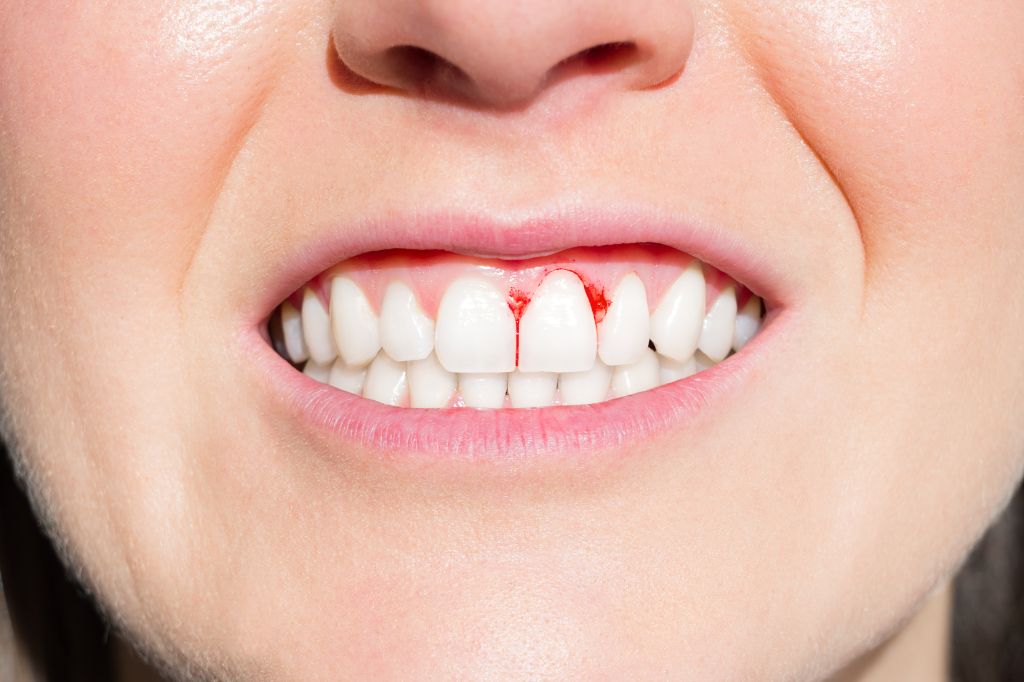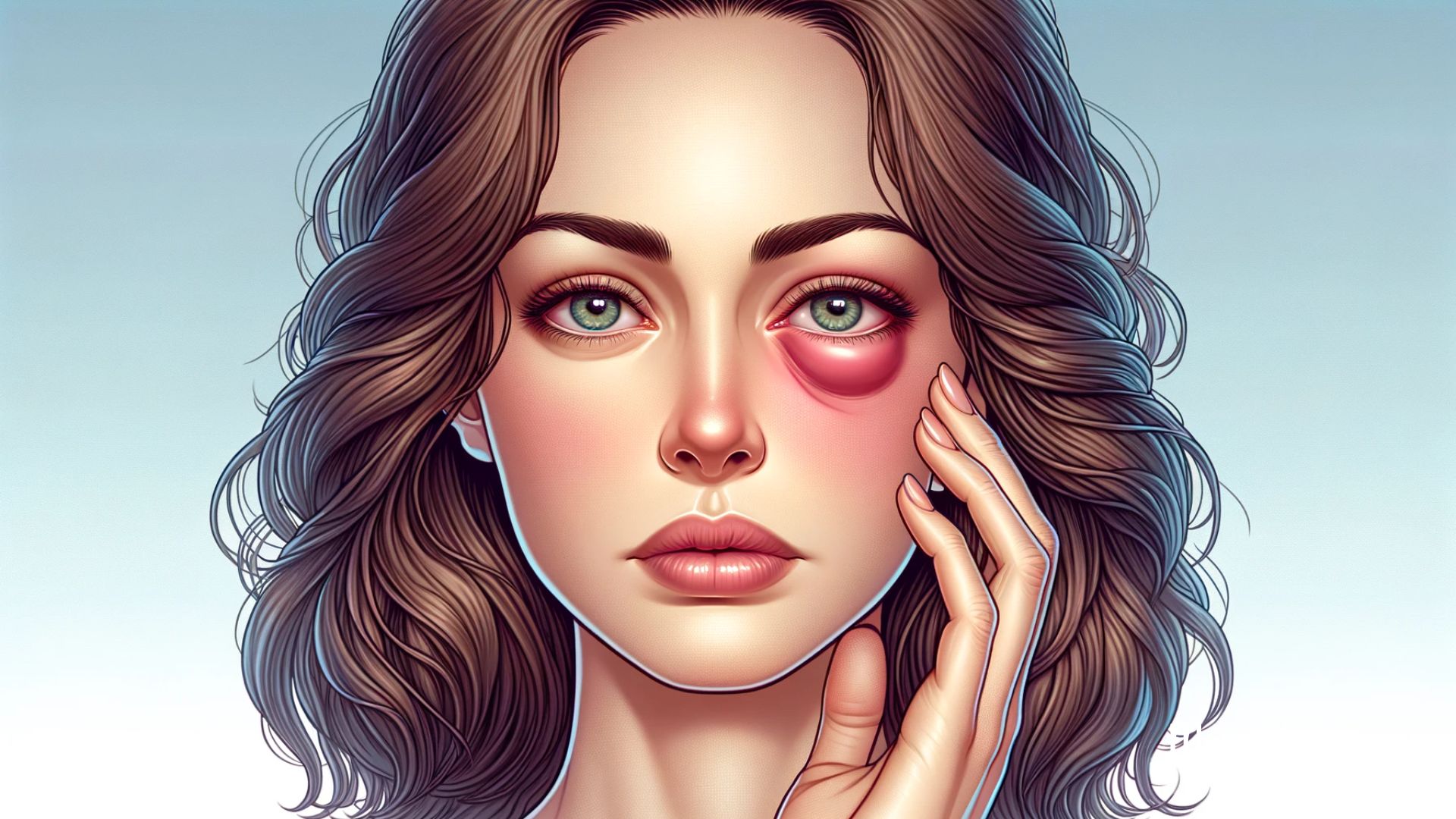Vitamin C Deficiency: Do You Have the Symptoms?
Introduction
Vitamin C is an essential vitamin that our bodies need to function properly. It is a water-soluble vitamin, meaning that it dissolves in water, and our bodies excrete any excess through our urine. Because we cannot store vitamin C in our bodies, we need to get it from the foods we eat or from supplements.
Vitamin C is involved in many important functions in our bodies, such as the synthesis of collagen (which helps to heal wounds), the absorption of iron (which is important for carrying oxygen in our blood), and the production of immune cells (which help to fight off infection).
A lack of vitamin C can lead to some serious health problems, such as scurvy. While scurvy is rare in developed countries like the United States, a lack of vitamin C can still lead to other symptoms, such as fatigue, muscle aches, and joint pain.
What are the Symptoms of Vitamin C Deficiency?
If you’re not getting enough vitamin C, you may experience some or all of the following symptoms:
1. Fatigue
Feeling tired all the time could be a sign that you’re not getting enough vitamin C. This is because one of vitamin C’s key roles is to help us absorb iron. Iron is important for carrying oxygen in our blood, so if you’re not getting enough vitamin C, you may not be able to absorb enough iron, leading to fatigue.

2. Joint pain
Joint pain can also be a symptom of vitamin C deficiency as the lack of collagen leads to weak connective tissues, including tendons and ligaments which support your joints.
3. You get sick often
Vitamin C is involved in the production of white blood cells, which are responsible for fighting off infection. So if you find yourself getting sick more often than usual, it could be a sign that your body isn’t able to produce enough white blood cells to protect you from sickness.
4. Slower wound healing
Have you noticed that cuts and scrapes are taking longer to heal than they used to? That’s another common symptom of vitamin C deficiency. This is because vitamin C plays an important role in collagen production, which helps to heal wounds.
5. Dry, splitting hair
Hair consists of keratin, which is a protein that needs vitamin C to produce. Without enough vitamin C, your body will have trouble producing keratin, which can lead to dry and brittle hair that is prone to split ends.
6. Bleeding gums
Vitamin C helps to keep our gums healthy and strong. If your gums are bleeding, it could be a sign of deficiency. Bleeding gums can also be a symptom of other dental problems, so it’s important to see your dentist if you notice this symptom.

7. Rough, dry skin
Because vitamin C plays a role in collagen production, a lack of this nutrient can lead to dry, wrinkled skin. If your skin is dry and flaky, it may be time to increase your intake of foods rich in vitamin C or take a supplement.
8. Frequent nosebleeds
Nosebleeds can be a sign of vitamin C deficiency, as this nutrient helps to keep the walls of our blood vessels strong.
Also Read: How to Stop a Nosebleed at Home
9. Bruise easily
Vitamin C helps to keep blood vessels strong and prevents bruising by helping the body to produce collagen and elastic tissue. If you find that you bruise easily or have purplish or dark bruises that take a long time to fade, it could be a sign of inadequate vitamin C intake.
Conclusion
Vitamin C is an essential nutrient that plays a vital role in our health. Despite its importance, vitamin C deficiency is surprisingly common worldwide. If you’re not getting enough vitamin C, you may experience symptoms like fatigue, weakness, bleeding gums, dry skin, or slow wound healing. If you think you may be deficient in this essential nutrient, talk to your doctor about ways to increase your intake through diet or supplements.
LEARN MORE: The Best Vitamin C Foods: Top 25 List






